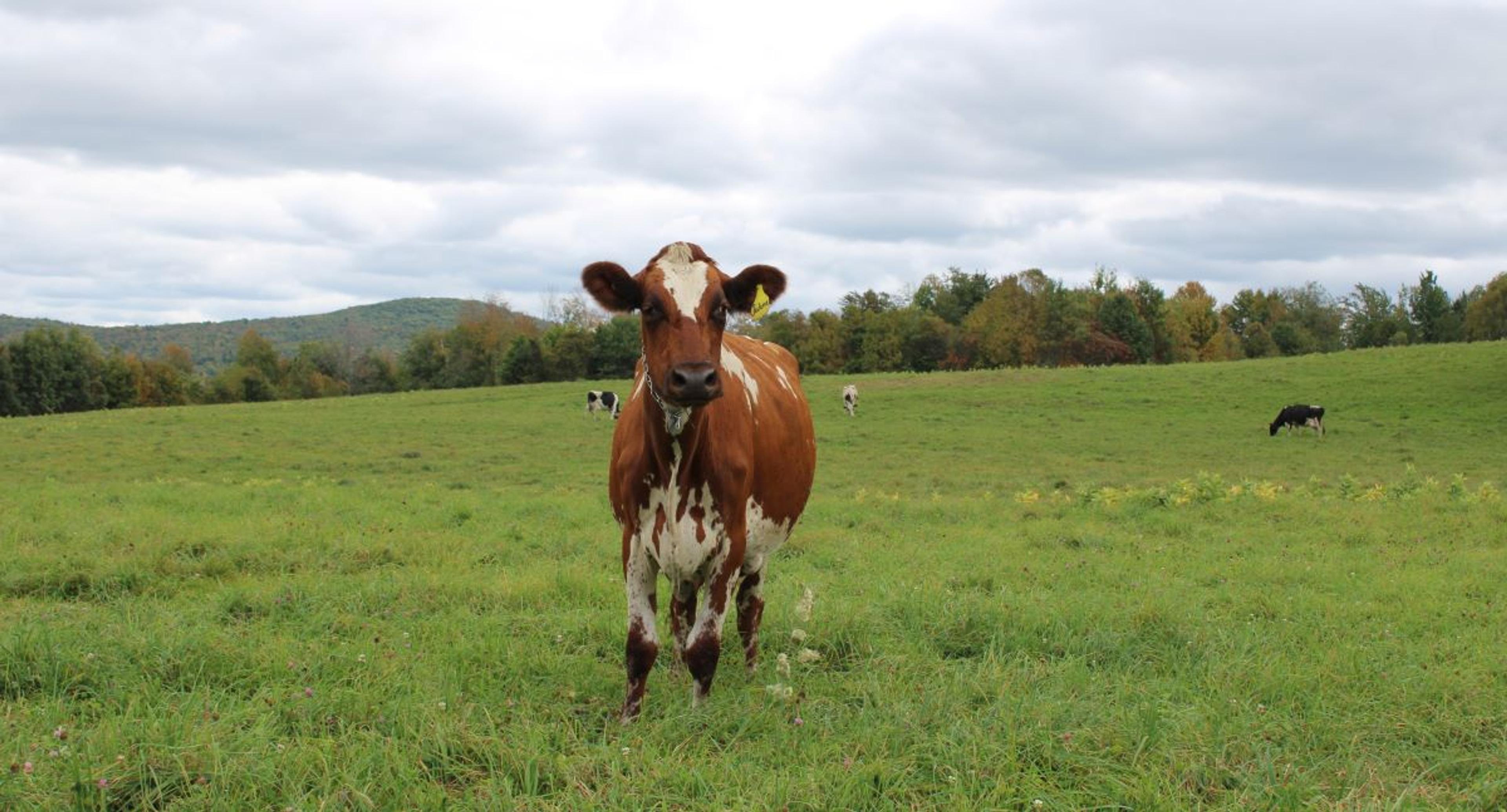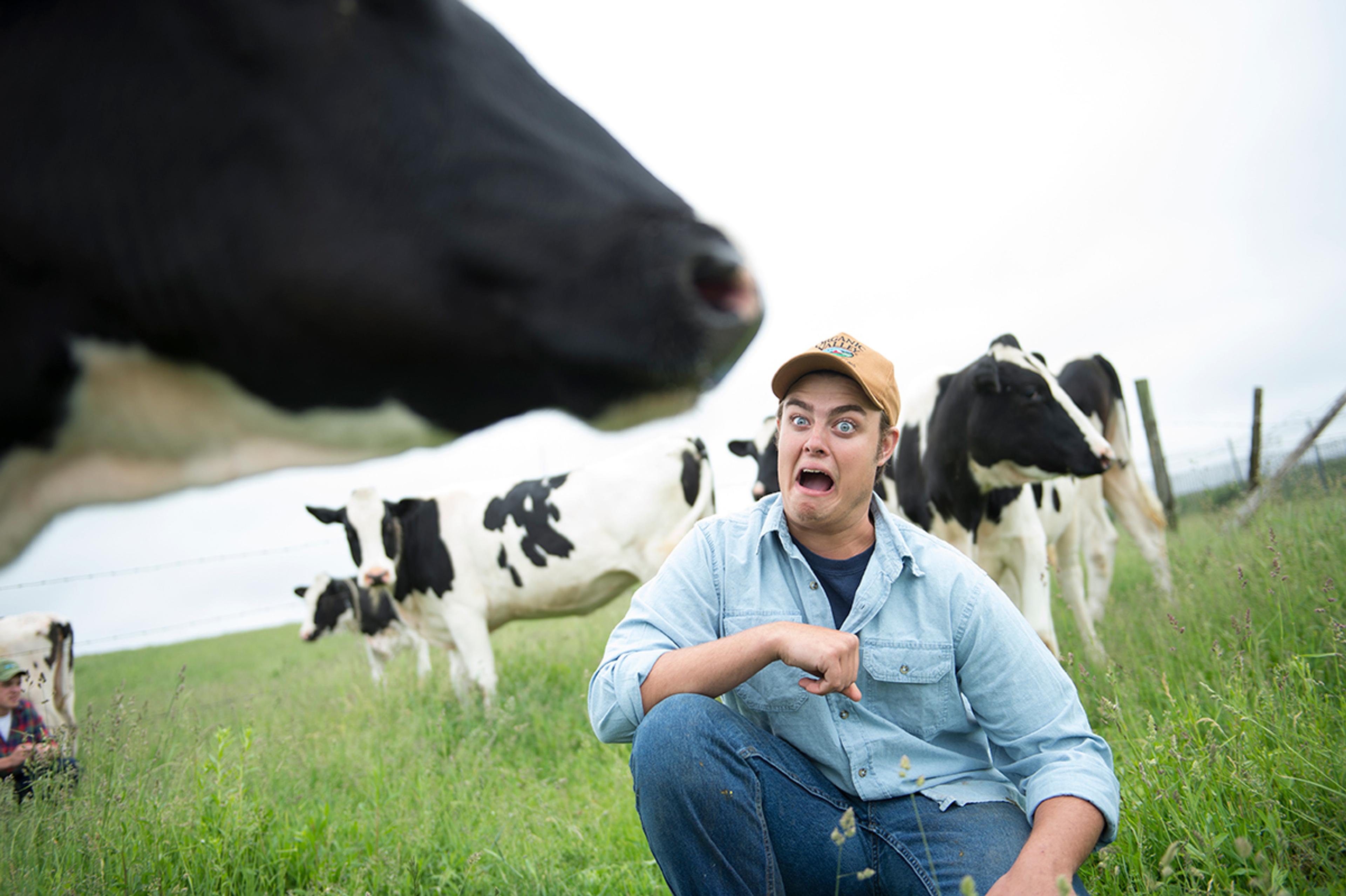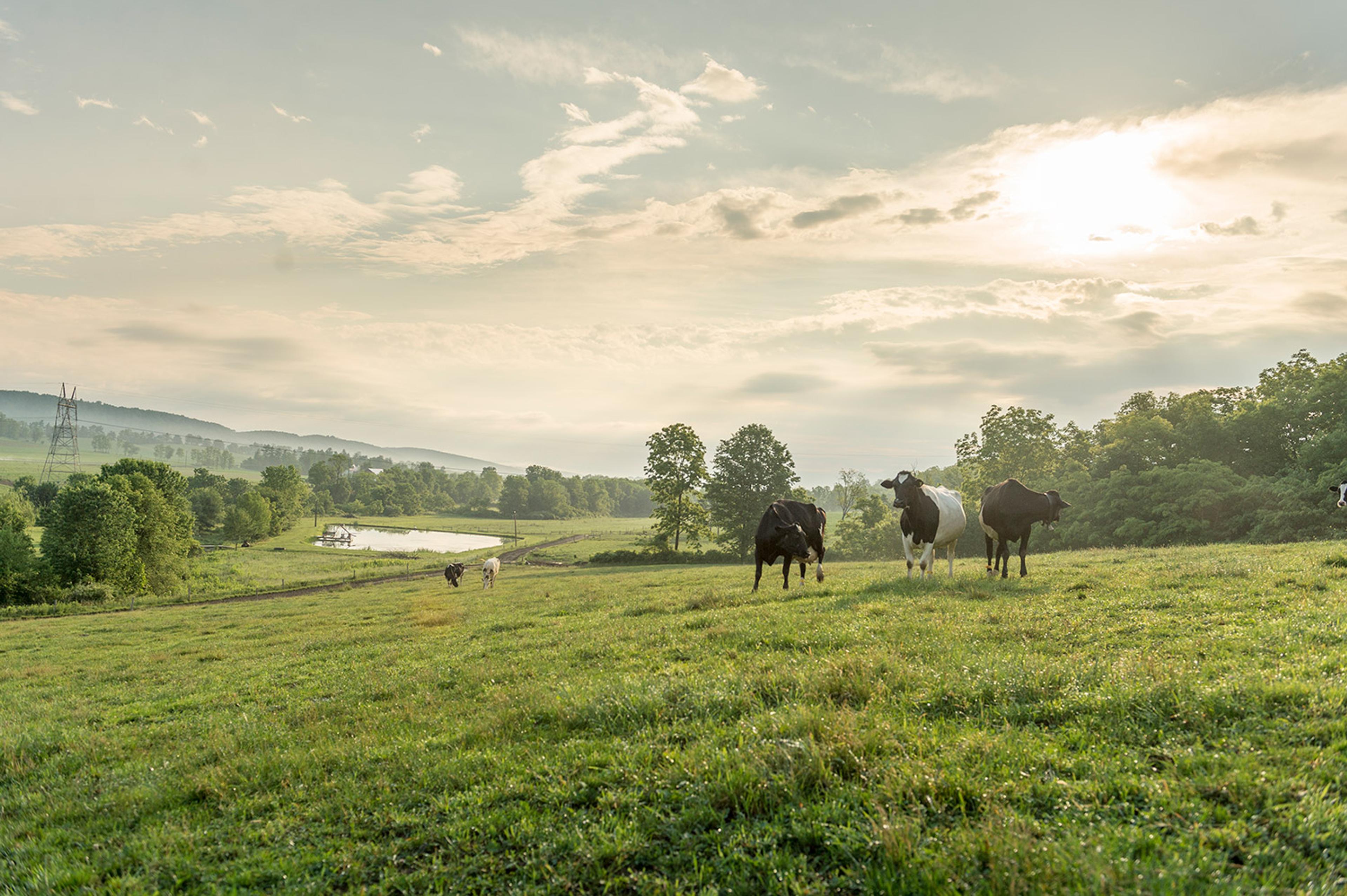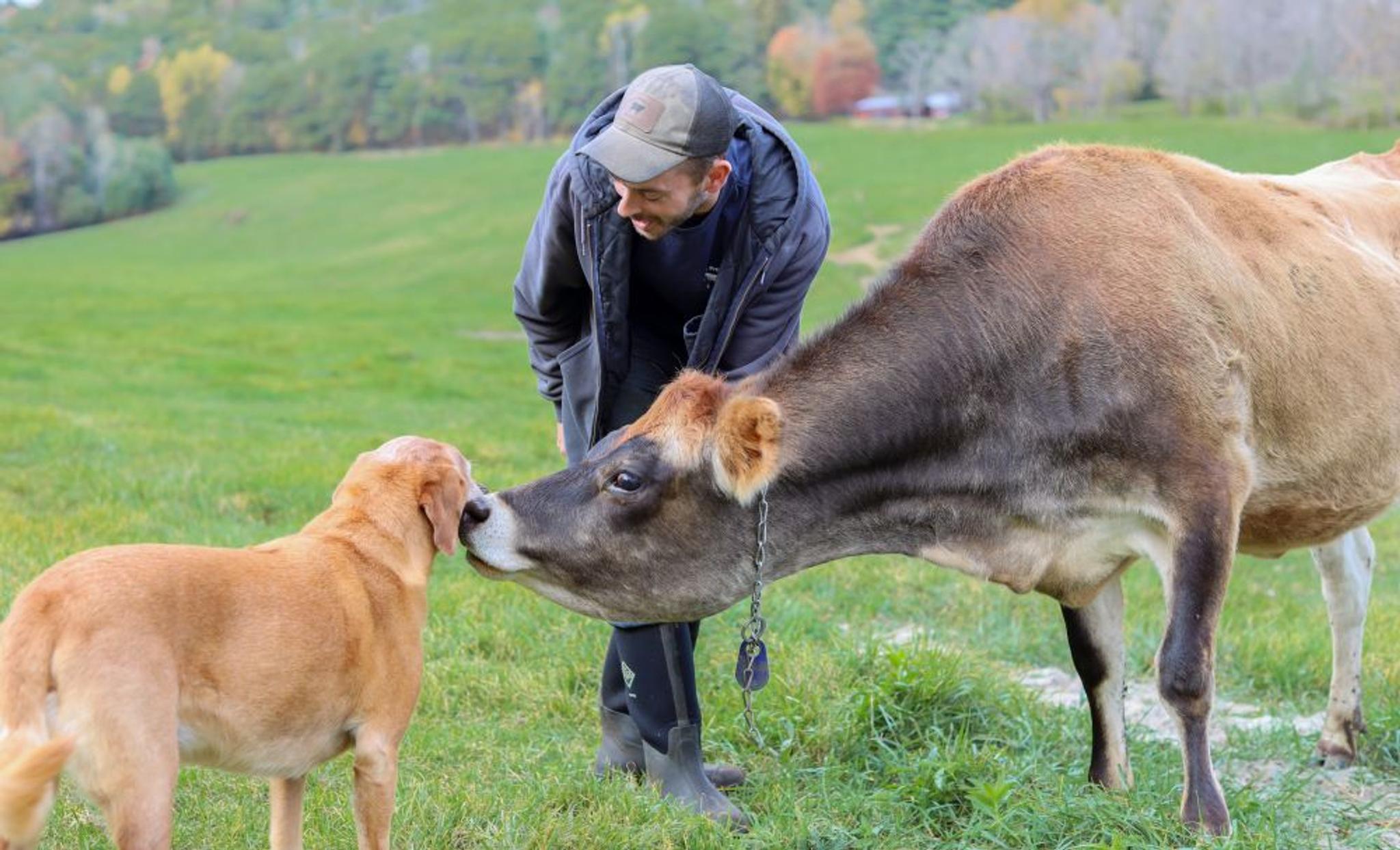
Farming
Do Cows Care About Daylight Saving Time?
With fall comes the end of daylight saving time. Unless you live in Hawaii or Arizona, you will turn your clock back at 2 a.m. (or whenever you get up) on Sunday, Nov. 3, this year.
You probably know the feeling. Your alarm goes off, and things just don't feel quite right. Maybe you feel more rested than the day before, maybe less. All you know is that something is off.
When you go to serve your pet breakfast, you might notice that the clock on your oven doesn't match the one on your phone. Oh, and your pet is yelling at you for some reason.
What happened?

For some, daylight saving time is a true horror.
Fall backward, spring forward. We know the sayings, we dutifully change our clocks, but your pet is still expecting to get fed at the exact same time of day as usual. Animals don't care about the strange human constructs of time.
And neither do cows.

Routines like getting out into the pasture at the same time every day are important.
Cows on Organic Valley farms expect to be greeted by their caretakers at roughly the same time every day. Each morning, Bessie and her friends are waiting to be let out to fresh, green pastures. Clocks, for Bessie, don't really matter. It is all about routine.
If you have kids, you know how important routines are. Well, cows love a routine even more. Keeping a steady, stress-free life for the small herds on Organic Valley farms is an important part of creating the highest quality milk. And human time shifts based on arbitrary agreements in Canada just aren't worth the time of day for a cow.
The humans who take care of cows on our farms have learned that bovines don't change their clocks.
We asked our cooperative's veterinarian, Guy Jodarski, what he thought of farm animals and time changes, "I think most of the farmers stay on schedule by starting 1 hour ‘earlier’ (that is, by the clock) when we spring forward. In fact, I once knew a farmer that didn't ever change the clock back in fall, so they were ‘ahead of schedule’ 1 hour for the winter until the time change the following spring."
Brent and Regina Beidler, retired Organic Valley dairy farmers from Vermont, would split the difference, milking cows a half hour earlier or later depending on the time of year.
“This was a very small change for the cows and easier on us too. Organic cows are often not stretched to the top of their milk-making potential, so although they are creatures of habit, there’s some flexibility. There are many times when haying keeps someone out later than usual or you milk a little earlier to make it to a gathering, and the cows are fine with that,” they said.
The caretakers adapt to the time change, and the cows are none the wiser.
Or maybe they are. Maybe they see that their farmer is just a little bit more tired today. The bags under the eyes are just a little bit darker. Luckily, cows can easily brighten the day of a bleary-eyed farmer.

Cows (and dogs) can cheer people up, as seen on Kyle Leibold's Sittin’ Pretty Farm in Vermont
Some people have decided to join the cows in their refusal to obey time changes.
Two states — Arizona and Hawaii — passed laws to stop observing daylight saving time. A handful of other states are trying to do the same.
Some members of the Plain community, a term used to describe Amish, Mennonite, and other similar communities, don't shift to daylight saving time at all! In fact, they keep their clocks the same year-round.
Maybe the cows have it right. It might be time to do away with changing the clock. After all, time is relative, as they say.
Related Articles
- Tags:
- animal care,
- farm life













